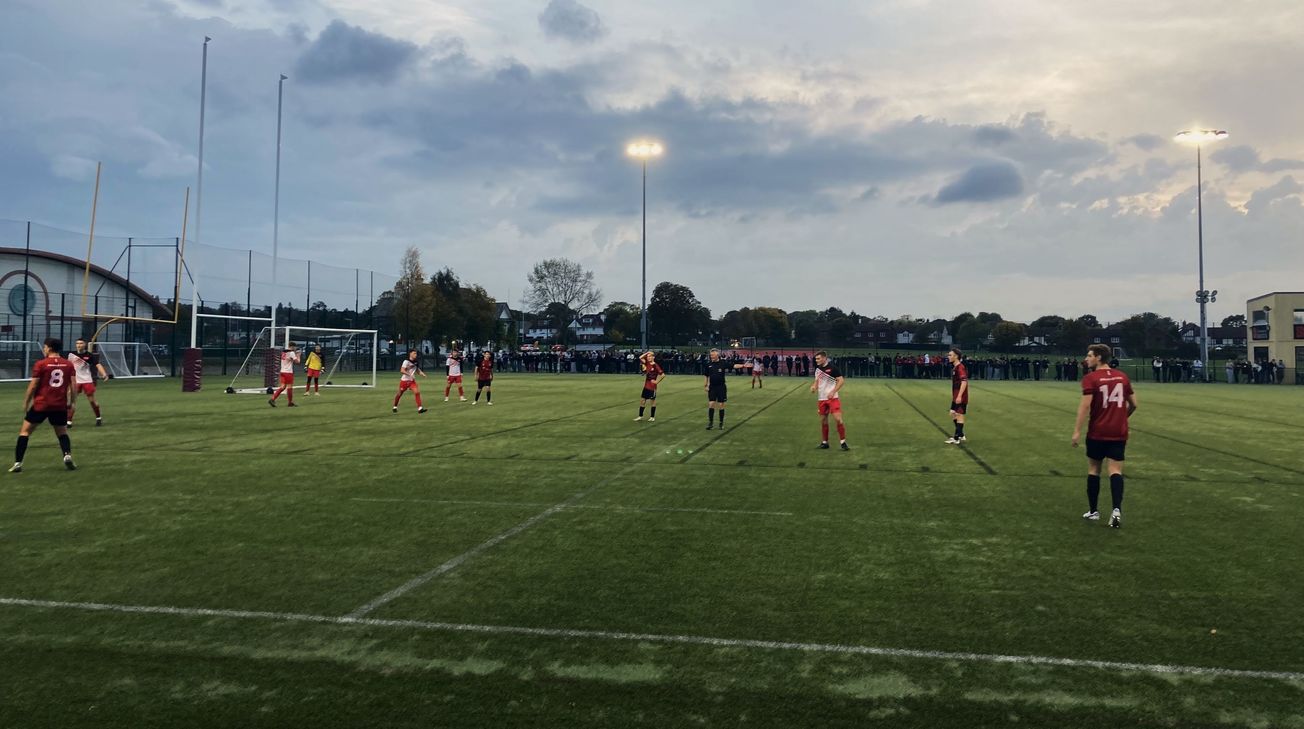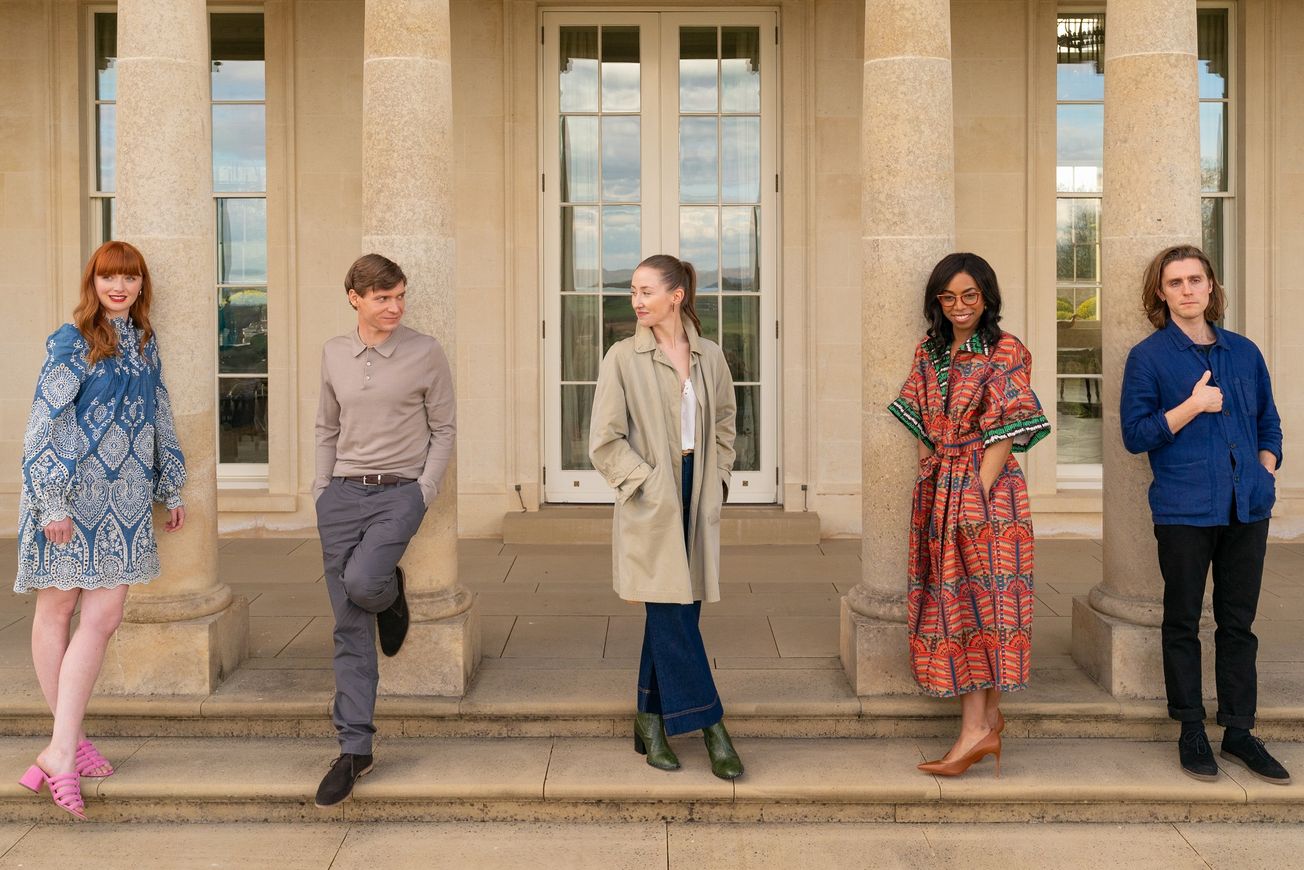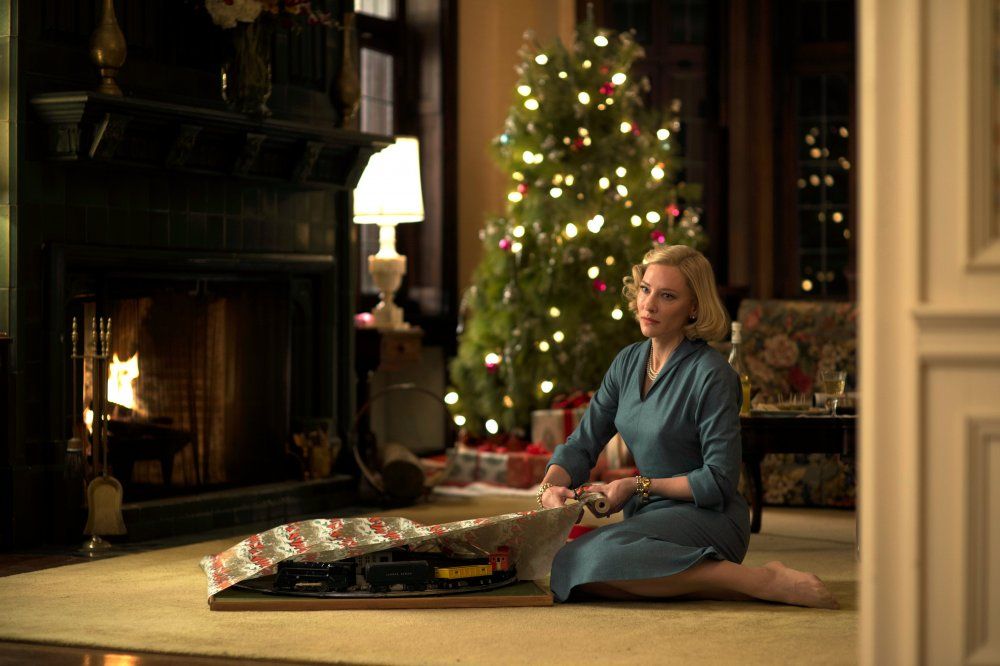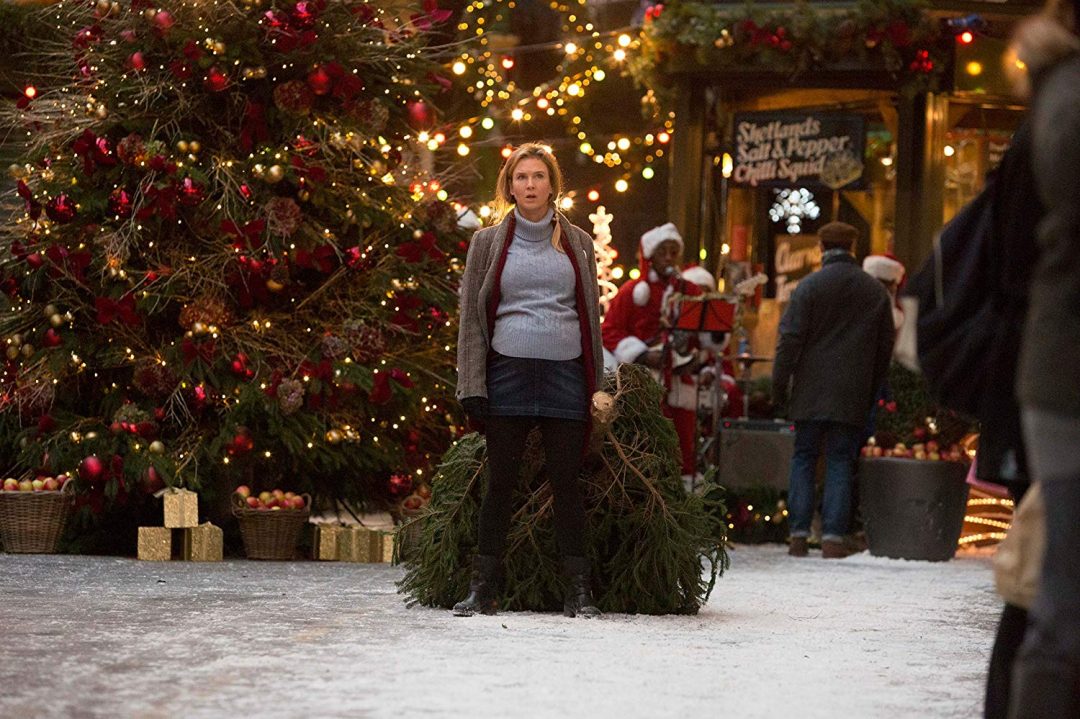By Briony Havergill, Film and Television, Third Year
Chris Chibnall’s run as the show-runner of Doctor Who has been tumultuous. Riddled with inconsistencies, lack of character development, and some shoddy storytelling, the last two series have contained more misses than hits.
Series 11 was barely watchable at times, despite some stand out episodes (Rosa, Demons of the Punjab), and Jodie Whittaker’s best attempts to salvage lacklustre scripts with her considerable talent. Series 12 fared better, rejuvenated by Sacha Dhawan’s captivating performance as the Doctor’s “best enemy”, the Master, yet the episodes without him felt aimless in comparison.
Despite this damning track record, the first episode of series 13 has given me hope. Discarding the usual episodic structure of previous series, Chibnall has chosen to pursue a serialised narrative split over 6 episodes, and what an ambitious narrative it seems to be! Episode 1, The Halloween Apocalypse, was packed with new characters, new villains, and new concepts, all centred around the end of the universe at the hands of an undefined threat called “the Flux”.
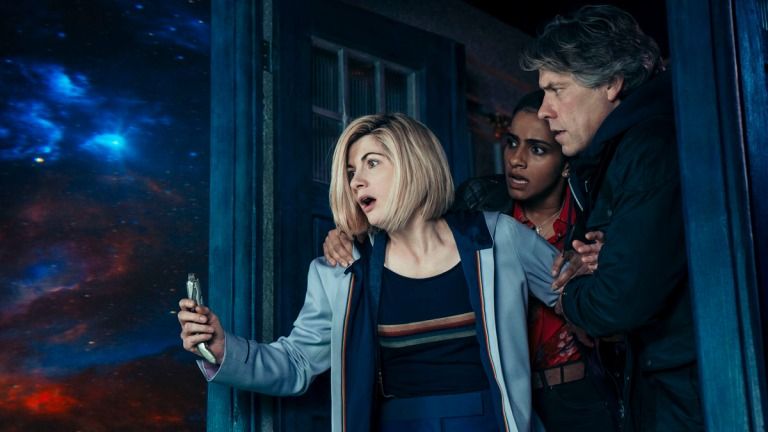
This end of the world begins in Liverpool, shifting away from the previous series’ choice of Sheffield. Chibnall’s best move as showrunner, apart from casting Jodie Whittaker and Sacha Dhawan, has been embracing the North of England. Often maligned and restricted to soap operas and crime dramas, if depicted at all, it is refreshing to see Sheffield, and now Liverpool, reintroduced to us as places of magic and adventure. They are just as worthy of hosting this escapist sci-fi fantasy as London, which has seen more of the blue box in Doctor Who’s endless run than anywhere else.
The imminent destruction of the universe is usual Doctor Who fare, but with a hefty budget poured into the VFX department, it feels more high-stakes than ever. Special mention must also be made to Segun Akinola for an equally impressive score, his work, though lacking the thematic genius of previous Doctor Who composer Murray Gold, has only improved with each series.
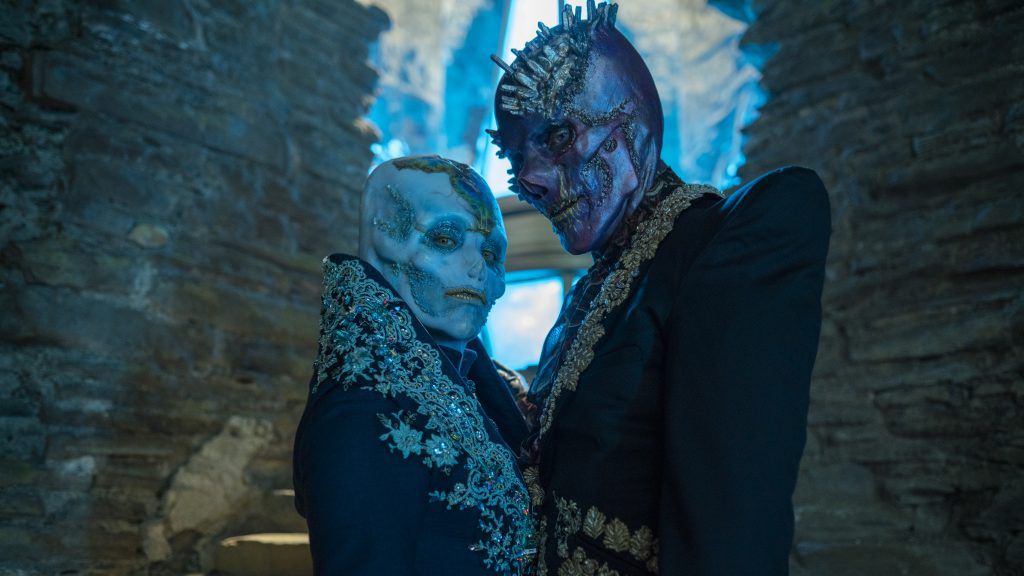
However, the episode isn’t faultless. The lack of development of Yaz’s (Mandip Gill) character continues to disappoint. Following the departure of previous companions, Ryan (Tosin Cole) and Graham (Bradley Walsh), I assumed that Yaz would be forced to develop some defining traits of her own. It is clear that the showrunners have made some attempt; she can now “co-pilot” the TARDIS and push back against the Doctor’s obstinacy, but this is not enough to make her well-rounded. Perhaps this will be remedied as series 13 progresses, but it seems too late to salvage the previous series’ misuse and underdevelopment. I hope to be proved wrong.
Whilst Yaz’s fate is disappointing, the introduction of a new companion was less so. Dan Lewis is played with great warmth and humour by John Bishop, an unusual casting choice that works seamlessly. I am certain that he will become a fan favourite. We were also introduced to Kavanista (Craige Els), Claire (Annabel Scholey), and Vinder (Jacob Anderson), and so many other characters that it felt at times like I was watching the first few scenes of War and Peace.
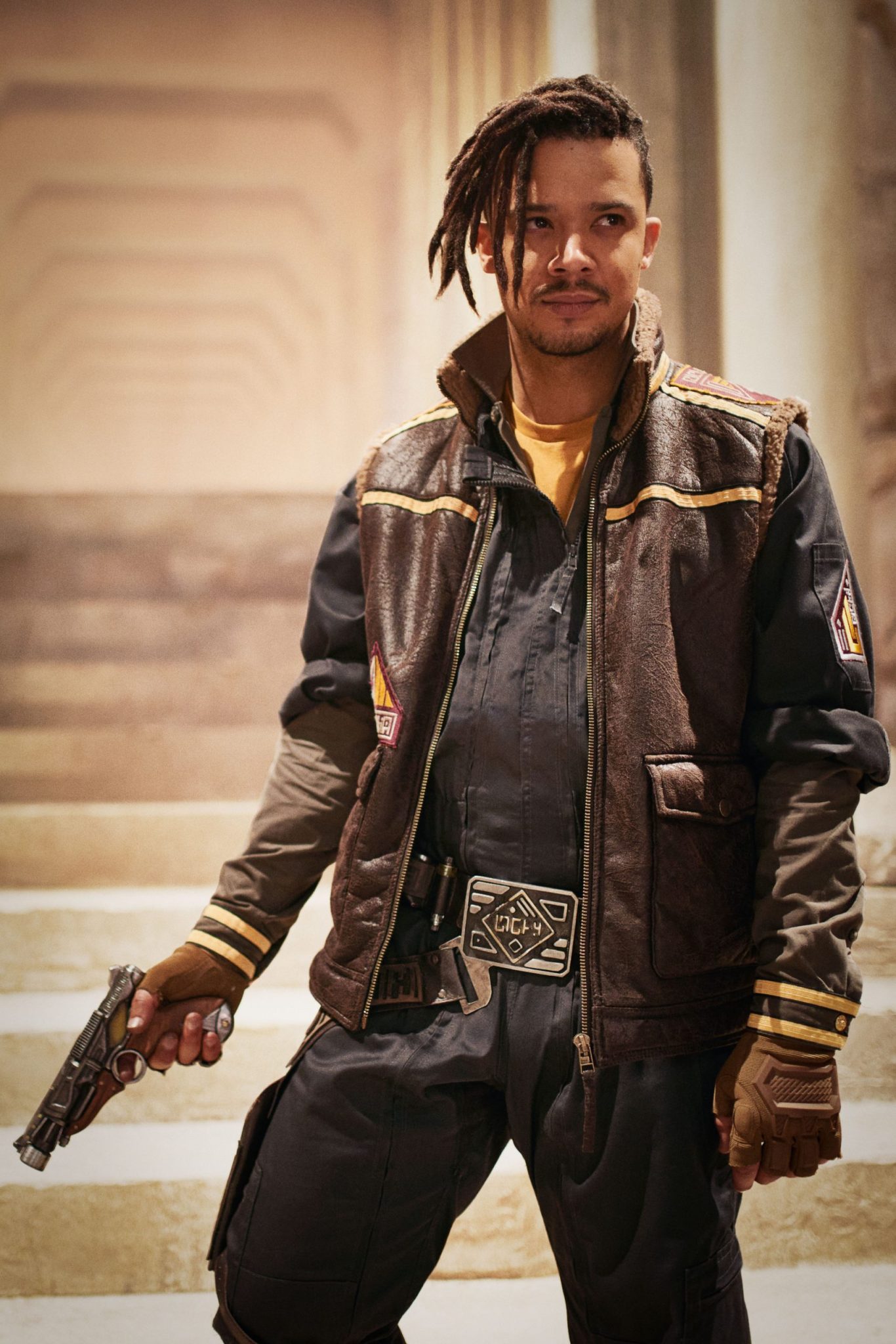
Introducing so many characters and narrative threads is a bold choice, and though it was handled capably, I have some concerns as to how Chibnall is going to sustain a coherent narrative with so much to keep track of. Some of the exposition was so heavy-handed it felt like I was being force-fed it via a shovel.
Yet, despite its problems, it was an exhilarating, fast-paced, and good-humoured 50 minutes of television, and I will be tuning in just as eagerly next Sunday, ready for more.
Featured Image: BBC
Do you think Doctor Who took it up a notch with this episode?


